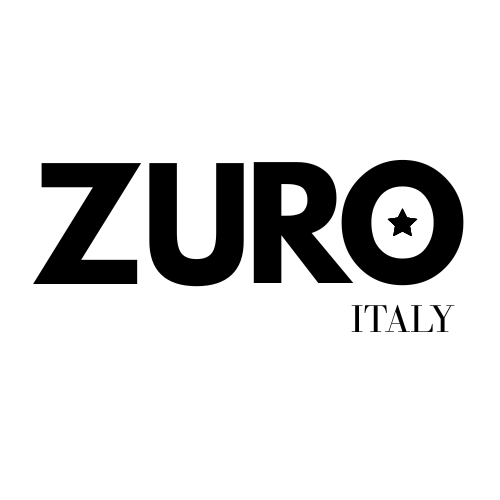Perfume Industry Insights 2025 | Trends, Growth & Indian Brands
Share
🌍 The Global Perfume Industry: A Snapshot
The global perfume market continues its steady rise, expected to cross $80 billion by 2025, driven by increased consumer spending, rising demand in emerging economies, and the influence of social media and celebrity endorsements.
Countries like the U.S., France, and UAE still dominate luxury fragrance exports, with brands such as Dior, Chanel, Creed, and Tom Ford setting global benchmarks. However, a new wave of local and affordable luxury brands is now shaping purchasing behavior, especially in Asia.
🇮🇳 India: From Consumer to Creator
Traditionally an importer of international perfumes, India is now building its own fragrance legacy. Thanks to a young population, increased disposable income, and a growing appetite for luxury experiences, homegrown brands are emerging as serious contenders.
Brands like Zuro Italy, Bella Vita Organic, The Man Company, and Villain are capitalizing on this shift by offering quality, affordability, and homegrown storytelling.
📈 Fragrance Industry Trends in 2025
1. Affordable Luxury & Niche Fragrances
Consumers now seek perfumes that feel designer but cost less. Zuro Italy, for instance, offers Extrait de Parfum at prices under ₹1000—something previously unthinkable for this concentration level.
Expect a rise in "masstige" brands that deliver luxurious ingredients at mid-tier pricing.
2. Gender-Fluid Scents & Unisex Gifting
Modern consumers are embracing unisex fragrances, breaking away from traditional gendered marketing. Gift sets like Romeo and Juliet by Zuro Italy cater to this demand by offering variety and inclusivity.
3. Sustainability & Clean Ingredients
Clean beauty isn’t just for skincare anymore. Perfume buyers are now conscious of eco-friendly packaging, cruelty-free testing, and responsibly sourced ingredients.
4. Online Discovery & AI Scent Matching
With rising digital penetration, Indian perfume brands are investing in AI-based scent recommendation tools, video-based blind tests, and direct-to-consumer websites.
Brands like Zuro Italy are exploring interactive online tools that guide consumers to their signature scent.
5. Regional Fragrance Preferences
From woody ouds in North India to floral-citrus blends in the South, Indian fragrance preferences vary widely. This creates room for localized marketing and product curation, a strategy Indian brands are well-placed to implement.
💼 Challenges Ahead
While opportunities are growing, Indian perfume brands face hurdles like:
-
Trust issues with local quality vs. international perception
-
Difficulty in sourcing high-grade essential oils at scale
-
Competition from established designer brands in metros
But as digital-first strategies and smart pricing take over, these challenges are slowly being addressed.
🔍 India’s Role in the Future of Fragrance
India isn’t just consuming—it’s creating. With rising innovation, youth-centric marketing, and export-ready quality, India is poised to be a global fragrance manufacturing hub within the next 5 years.
Zuro Italy, a proudly made-in-India brand, is leading this transformation by blending Italian-inspired profiles with Indian craftsmanship—offering world-class fragrances at mass-premium pricing.
🌟 Final Takeaway
The perfume industry in 2025 is no longer just about luxury. It’s about accessibility, authenticity, and identity. India’s rise, supported by innovative homegrown brands like Zuro Italy, is proof that the world of fragrance is evolving—and the future smells great.
